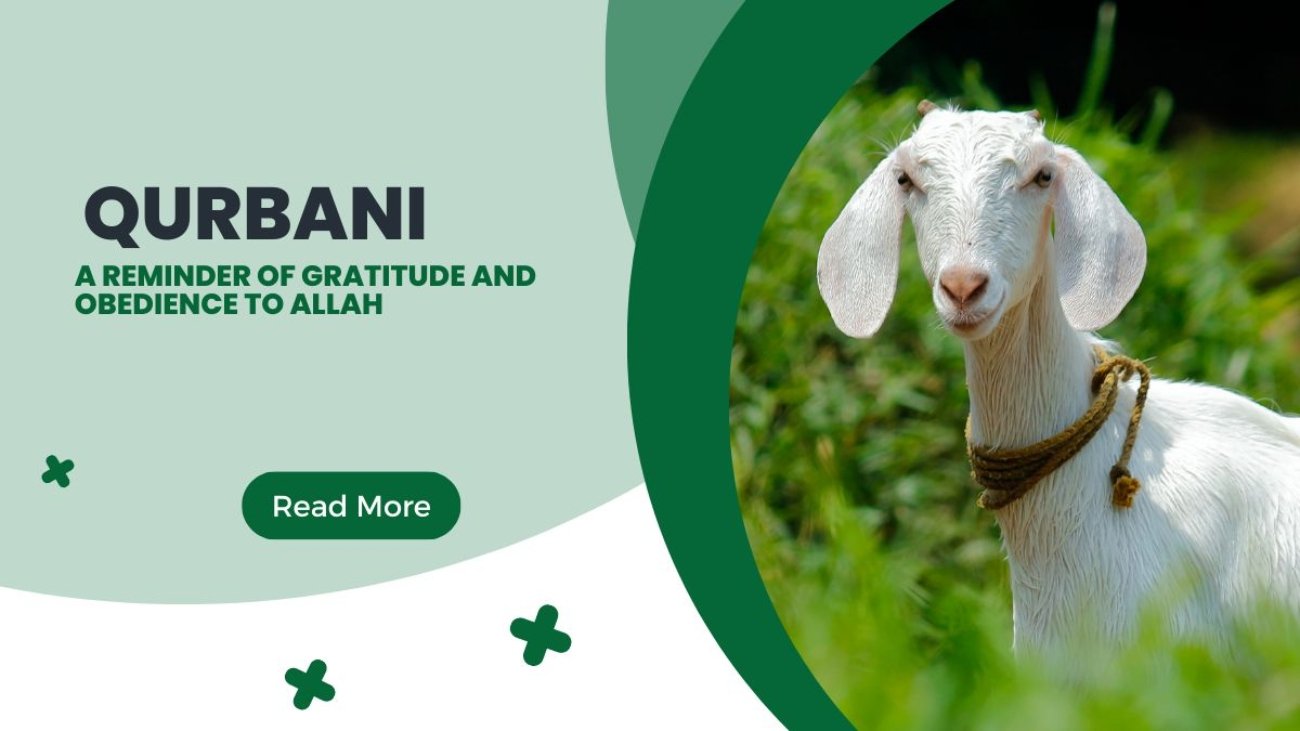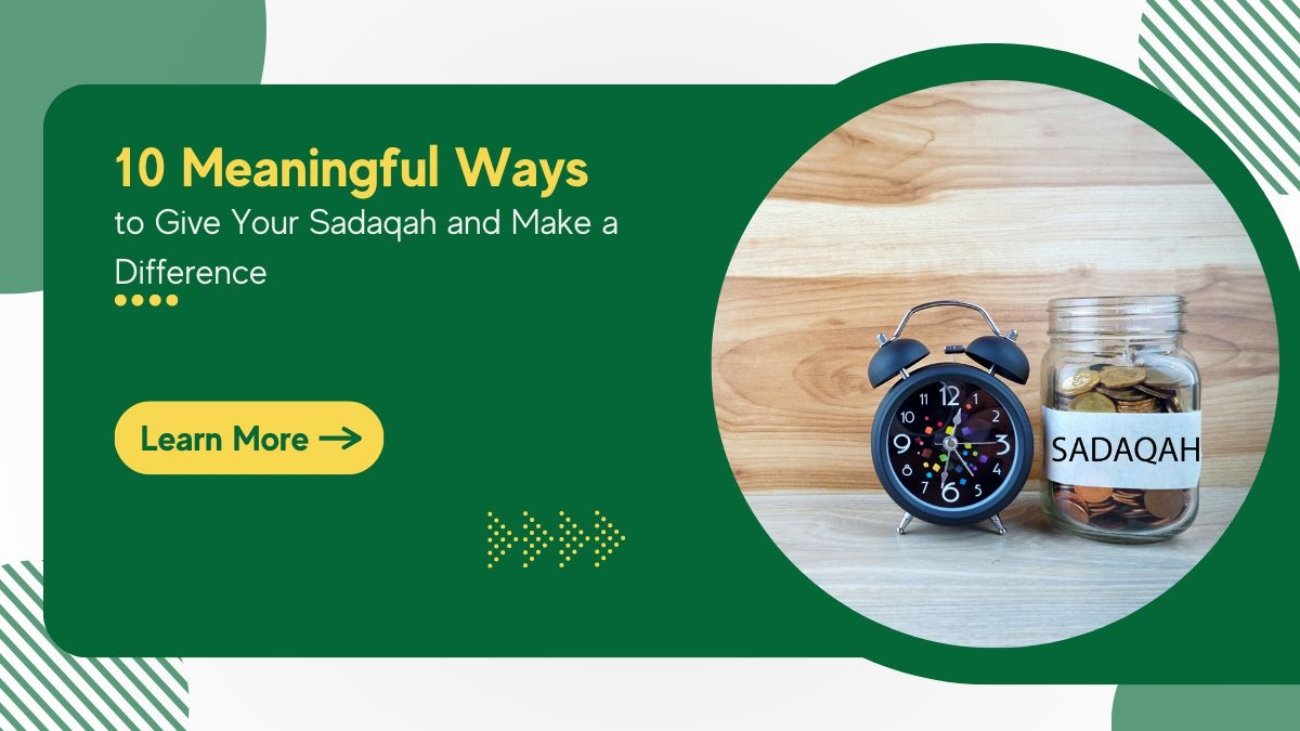Introduction:
In the Islamic faith, Qurbani, also known as Eid al-Adha, is a significant religious festival that holds great importance for Muslims around the world. It is a time of deep reflection, gratitude, and obedience to Allah.
Qurbani allows us to commemorate the supreme act of sacrifice by the Prophet Ibrahim (AS) and reinforces the values of gratitude, obedience, and compassion.
As we approach Qurbani 2023, it is essential to understand the significance of this sacred occasion and its role in shaping our lives as Muslims.
I. The Story of Prophet Ibrahim (AS):
To fully appreciate the significance of Qurbani, we must delve into the story of Prophet Ibrahim (AS) as narrated in the Quran. Prophet Ibrahim (AS) was chosen by Allah to be His friend and guide humanity towards the path of righteousness.
One of the most critical trials he faced was the command from Allah to sacrifice his beloved son, Prophet Ismail (AS).
Despite the deep love and affection he had for his son, Prophet Ibrahim (AS) exhibited unwavering obedience to Allah’s command.
As he prepared to carry out the sacrifice, Allah replaced Prophet Ismail (AS) with a ram, signifying His acceptance of Prophet Ibrahim’s (AS) devotion and willingness to submit to His will.
This act of supreme sacrifice by Prophet Ibrahim (AS) serves as a timeless example of obedience and surrender to the divine command.
II. Understanding Qurbani:
Qurbani is an annual ritual performed during the Islamic month of Dhul Hijjah, specifically on the tenth day, which marks the culmination of Hajj, the pilgrimage to Mecca.
It involves sacrificing an animal, such as a goat, sheep, cow, or camel, as an act of worship to Allah. The meat from the sacrificed animal is divided into three parts: one-third for the individual or family performing the sacrifice, one-third for relatives and friends, and one-third for the less fortunate and those in need.
This division emphasizes the importance of sharing and caring for others, especially those who are less privileged. Qurbani serves as a means to bring people closer to one another and to reinforce the spirit of unity and compassion within the community.
III. Gratitude and Thankfulness:
Qurbani is a powerful reminder of the blessings bestowed upon us by Allah. The act of sacrifice is an expression of gratitude for all that we have been given.
It is a moment to reflect on the countless favors we enjoy, such as good health, sustenance, shelter, and the love of our families. Qurbani teaches us to appreciate these blessings and recognize that they come from Allah’s infinite mercy and grace.
By sacrificing an animal, we acknowledge our dependence on Allah and our gratitude for His abundant provisions. This gratitude should extend beyond the act of Qurbani and permeate every aspect of our lives, fostering a sense of contentment and appreciation for all that we have.
IV. Obedience and Surrender:
One of the central themes of Qurbani is obedience to Allah’s command. Just as Prophet Ibrahim (AS) demonstrated complete obedience to Allah’s instruction to sacrifice his son, Qurbani serves as a symbol of our own obedience and submission to Allah’s will.
It reminds us that true success lies in aligning our actions and desires with the divine commandments.
Through Qurbani, we reinforce our commitment to live a life in accordance with the teachings of Islam. It is an opportunity to reflect on our own levels of obedience and strive to improve ourselves, seeking a closer connection with Allah and His pleasure.
V. Compassion and Generosity:
Qurbani holds a profound lesson in compassion and generosity. The act of sacrificing an animal is not merely a ritualistic offering; it has a deeper meaning rooted in empathy and benevolence.
The meat from the sacrificed animal is distributed to those in need, particularly to the poor and underprivileged.
This act of sharing and caring is an embodiment of the Islamic values of compassion and generosity. Qurbani teaches us to be mindful of those less fortunate and to actively engage in acts of kindness and charity.
It is a reminder to extend our hands to help and uplift others, thereby fostering a sense of social responsibility and empathy within our communities.
VI. Lessons from Qurbani:
Qurbani provides us with invaluable lessons that can enrich our lives and strengthen our faith. It serves as a reminder of the importance of gratitude and thankfulness for the blessings bestowed upon us.
Qurbani also emphasizes the significance of obedience and surrender to Allah’s will, encouraging us to align our actions with His commandments.
Additionally, Qurbani fosters a spirit of compassion and generosity, reminding us to share our resources with those in need. These lessons can shape our character, inspire us to become better individuals, and encourage us to make positive contributions to society.
Conclusion:
Qurbani is a sacred occasion that symbolizes profound values of gratitude, obedience, compassion, and generosity. As we prepare to celebrate Qurbani in 2023, let us reflect on the significance of this act of devotion.
May it serve as a reminder to express our gratitude for Allah’s blessings, to submit to His will with unwavering obedience, and to extend our hands in compassion and generosity towards those in need.
Through Qurbani, we strengthen our faith, deepen our connection with Allah, and strive to live a life that embodies the timeless teachings of Islam.



